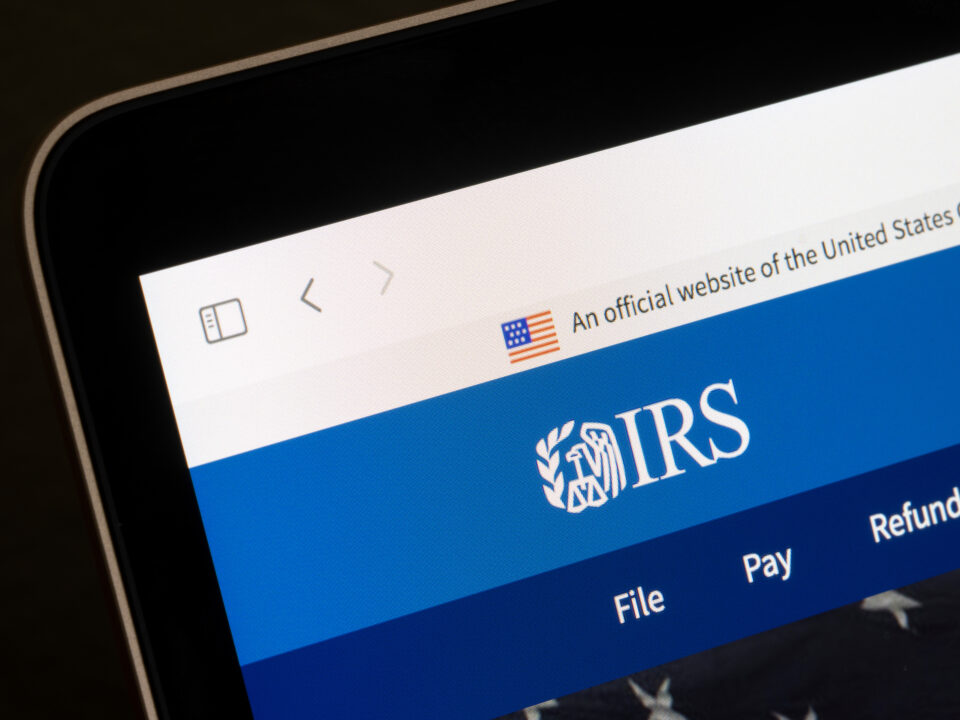Digital Estate Planning
November 13, 2015
Veterans May be Able to Save on Property Tax!
January 15, 2016Many taxpayers believe they can gift money or property and there will be no tax issues associated with doing so – after all, it’s a gift. But the truth is, there can be major tax consequences so I’m taking a few mintues to make sure each of you are aware of the potentital pitfalls.
Annual exclusion – The exclusion amount is periodically adjusted for inflation. For 2015 the annual gift exclusion is $14,000 per recipient. Thus, an individual can give up to $14,000 to as many recipients as he or she would like without creating a requirement to file a gift tax return. The $14,000 applies to each individual giver, so each spouse of a married couple can give $14,000, for a total per couple of $28,000 to any one person.
If a person gives more than $14,000 for the year to any single individual, then a gift tax return is required, and the excess of the gifts over $14,000 reduces the lifetime exclusion. Once the annual limit and the lifetime limit have been exceeded, the excess becomes taxable.
Gifts can take the form of cash or property. When property is given, the dollar value placed on the gift for gift tax purposes is the property’s fair market value (FMV) at the time of the gift. However, the gift recipient assumes the giver’s tax basis in the property, which means that if the giver’s property had built-in gains, the recipient becomes responsible for those gains when the recipient subsequently disposes of the property in a taxable event.
Example: Earl gives his son, Jack, stock worth $14,000 that originally cost Earl $5,000. Later, Jack sells the stock for $16,000. Jack’s taxable gain from selling the stock will be $11,000 ($16,000 – $5,000). However, if Jack had inherited the stock from his father, Jack’s basis would have been the FMV of the stock at the date of his father’s death instead of what Earl had paid for the stock. Assuming the FMV was $14,000 at the time of Earl’s death and Jack subsequently sold the stock for $16,000, he would only have a taxable gain of $2,000 ($16,000 – $14,000).
This example points to a mistake often made by elderly taxpayers. They will frequently sign over their assets, most commonly their home, to their heirs while they are still alive rather than waiting and allowing the heirs to inherit the property. By doing this, they create a large tax liability for the heirs since the basis of the gift is the giver’s basis, thus the heirs become responsible for the giver’s built-in gain rather than inheriting the property with the basis equal to the FMV at the time of the decedent’s death.
Example: Mary signs over her home worth $500,000 to her son, John. Mary originally paid $100,000 for the home. If John immediately sells the home for $500,000 after Mary’s passing, he will have a taxable gain of $400,000. However, if John had inherited the property after Mary’s passing, his basis would be the FMV at date of death, or $500,000, and if he sold it for $500,000, he would have no taxable gain at all.
Additional Exclusions For Gift Tax – In addition, certain medical and education expenses are also excludable over and above the $14,000 annual exclusion cap.
Tuition Expenses – Tuition expenses paid directly to the qualifying educational institution are permitted without gift tax consequences. For example, a grandparent who wants to help out a college-bound grandchild can pay the student’s tuition directly to the college. Even if the amount is over $14,000, no gift tax reporting is required, and the grandparent’s annual gift exclusion with respect to the child and his or her lifetime exclusion are not affected.
Medical Expenses – Medical expenses paid directly to the qualifying medical institution or individual providing the care or to the insurance company providing the medical coverage are also exempt from the gift tax and don’t affect the gift tax exclusions. The payments cannot go through the hands of the individual who incurred the medical expenses, but must go directly to the medical provider or insurance company.



